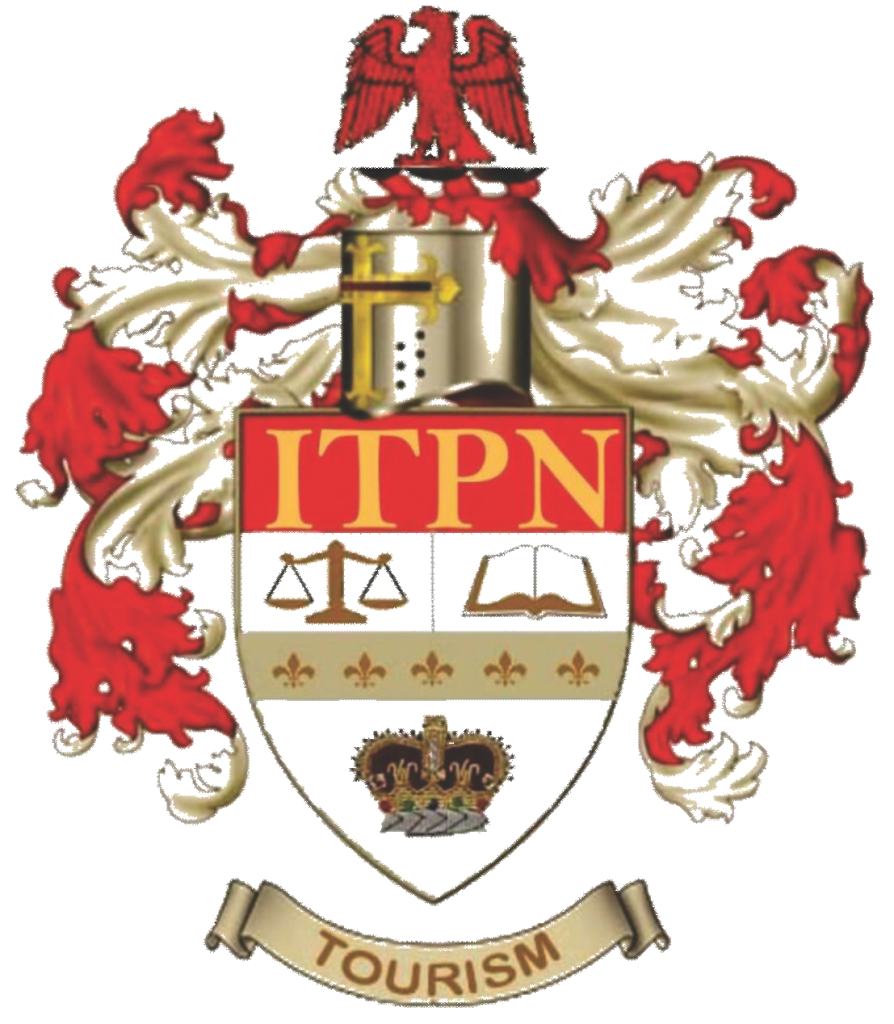Food Hygiene/Safety Courses
Food poisoning caused by microbes is a serious public health problem. Food poisoning is caused by the consumption of contaminated food or water. Poor hygiene, cross contamination, improper handling and inadequate heat treatment are the most common causes of food borne disease
The main hazards in food processes are contamination with bacteria that cause disease such as Campylobacter, Salmonella, Listeria monocytogenes, Clostridium perfringens. Salmonella spp, Clostridium perfringens, Staphylococcus Aureus, Clostridium botulinum, Bacillus cereus, Vibrioparahaemolyticus, E-coli and E-coli O157, Bacillary dysentery, Listeria monocytogenes, Salmonella Typhi and Salmonella Paratyphi, Campylobacter enteritis, viruses, moulds and parasites.
Food hygiene/safety courses are available in 4 formats, catering, manufacturing retail and food safety inspection. These formats allow participants to choose the correct training for their working environment. Each food safety certificate is available at different levels.
Catering Manufacturing Retail Food Safety Inspection
Catering Environment Courses are aimed at anyone working in catering or hospitality whether employed or self employed, working in restaurants, hotels, motels, fast food outlets, bukatarier, roadside food vendors, takeaways, cafes, bars, kitchens, mobile street food vendors, catering in hospitals, schools, colleges, public sector organisations, offices, and factories.
Manufacturing Environment Courses are aimed at anyone working in the food and drink manufacturing industry, food processing, food assembly, packaging, and food storage.
Retail Environment Courses are aimed at anyone working in retail, for example supermarkets, small and large grocery stores, butchery, bakery, fish and farm shops, market stalls and wholesalers
Food Safety Inspection (FSI): A regulatory role performed by regulatory and enforcement personnel responsible for conducting food safety inspections of one or more of the following types of establishments:
- Public and Private Organisations food services,
- Tourism, Hospitality, Catering, Leisure, Road Side, Grocery stores, Restaurants, and other food services.
- Food and drink manufacturing industry, food processing, food assembly, packaging, and food storage.
FOOD SAFETY TRAINING, VOCATIONAL QUALIFICATION FRAMEWORK LEVELS, AND TARGET GROUPS ALONG THE FOOD CHAIN.
| Qualification /Learner Target. | Award | ITPN food safety certification programmes. |
New employees with minimal or no prior food safety knowledge
|
Foundation Certificate
|
ITPN Level 1 Certificate in
|
| Anyone working in a catering, manufacturing or retail setting where food is prepared cooked and handled. | Certificate | ITPN Level 2
|
| Supervisors in small, medium or large catering, manufacturing or retail businesses | Diploma | ITPN Level 3 Certificate in
|
Managers, supervisors and senior hygiene personnel such as:
|
Advanced Diploma | ITPN Level 4 Certificate in
|
| All cadres of staff, transfers, new methods, post 3 year training, and returnees to the food industry. | Levels 1 to 4 | Refresher Courses. |
| Trainers | Level 4 | Professional Trainer Certificate- Train the Trainer |
| Regulatory and enforcement personnel, Food Safety and Hygiene Inspectors, Food Safety Managers, F and B Quality Assurance Managers, Food premises managers, Environmental Health, and Food Safety Practitioners. | Level 6 | FOOD SAFETY INSPECTION TRAINING PROGRAMME– |



